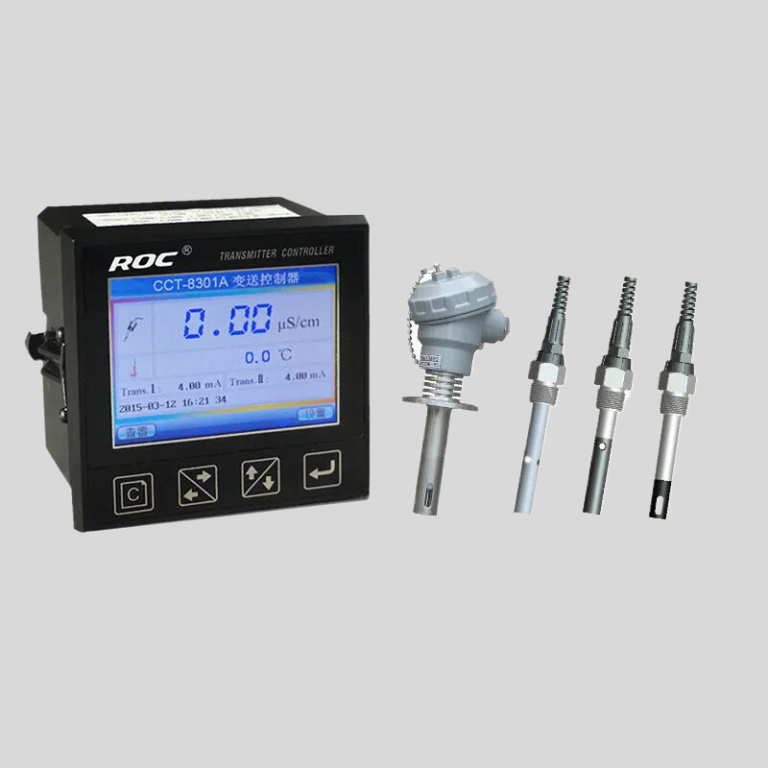Tagline: “Versatile and Compatible: Interchangeable Reverse Osmosis Filters for Optimal Water Purification.”
The Interchangeability of Reverse Osmosis Filters
Reverse osmosis filters have become increasingly popular in recent years as a way to purify water. These filters use a semi-permeable membrane to remove impurities and contaminants from the water, resulting in clean and safe drinking water. However, one question that often arises is whether reverse osmosis filters are interchangeable. In other words, can you use any reverse osmosis filter with any reverse osmosis system?

The short answer is no, reverse osmosis filters are not interchangeable. While the basic principle of reverse osmosis remains the same across different systems, the specific design and specifications of the filters can vary. This means that not all reverse osmosis filters will fit or work properly with every reverse osmosis system.
One reason for this lack of interchangeability is the size and shape of the filters. Reverse osmosis systems come in different sizes and configurations, and the filters are designed to fit specific systems. The size and shape of the filter housing, as well as the connections and fittings, can vary from one system to another. Therefore, it is important to ensure that you are using the correct filter for your specific reverse osmosis system.
Another factor that affects the interchangeability of reverse osmosis filters is the filtration capacity and efficiency. Different filters are designed to remove different types and amounts of contaminants from the water. Some filters may be more effective at removing certain impurities, while others may have a higher capacity for filtering larger volumes of water. Using the wrong filter can result in inadequate filtration or reduced performance of the system.
Additionally, the lifespan of reverse osmosis filters can vary. Some filters may need to be replaced more frequently than others, depending on the quality of the water being treated and the usage of the system. Using a filter with a shorter lifespan in a system that requires longer-lasting filters can lead to frequent replacements and increased maintenance costs. On the other hand, using a filter with a longer lifespan in a system that requires more frequent replacements may result in compromised water quality.
To ensure the proper functioning and performance of your reverse osmosis system, it is crucial to use the correct filters recommended by the manufacturer. These filters are specifically designed and tested to work with the corresponding system, providing optimal filtration and water quality. Using non-compatible filters can not only affect the performance of the system but also void any warranties or guarantees provided by the manufacturer.
In conclusion, reverse osmosis filters are not interchangeable. The size, shape, filtration capacity, and lifespan of the filters can vary between different reverse osmosis systems. It is important to use the correct filters recommended by the manufacturer to ensure proper functioning, optimal filtration, and water quality. Using non-compatible filters can lead to inadequate filtration, reduced performance, and increased maintenance costs. Therefore, it is essential to carefully select and use the appropriate filters for your specific reverse osmosis system.





